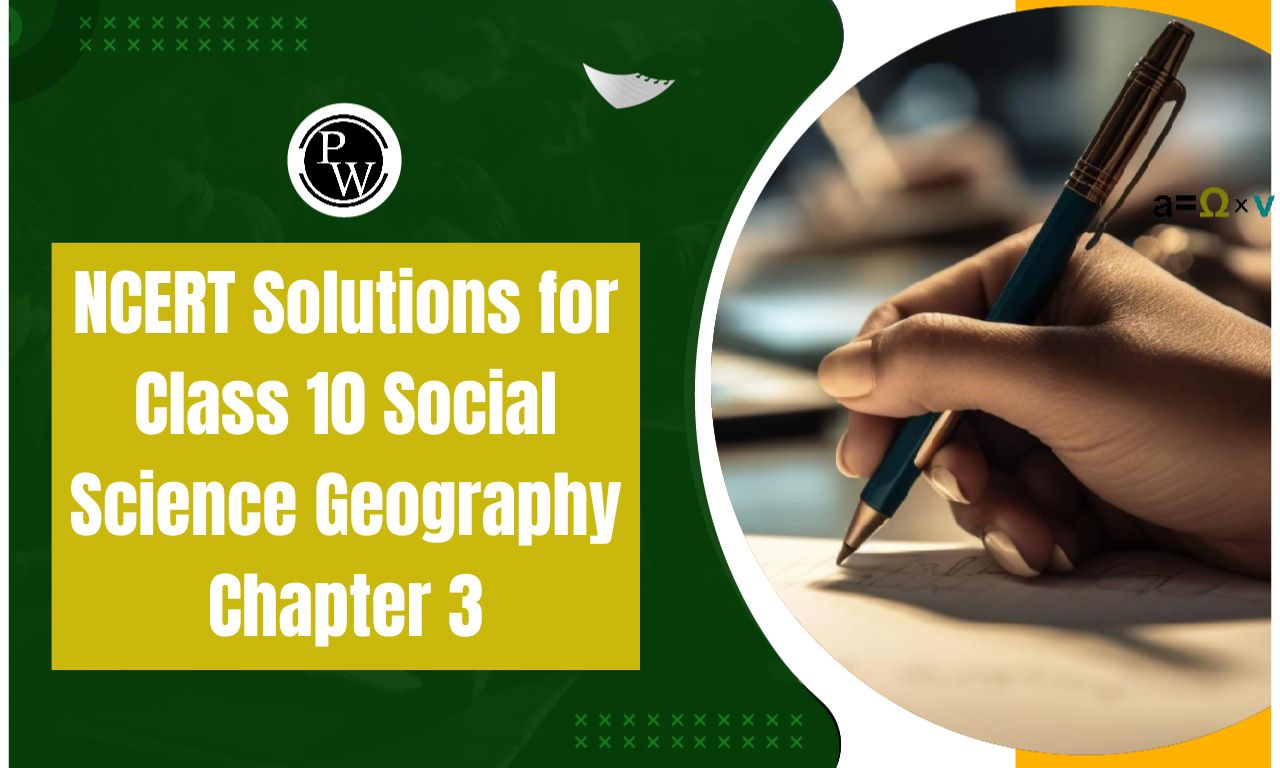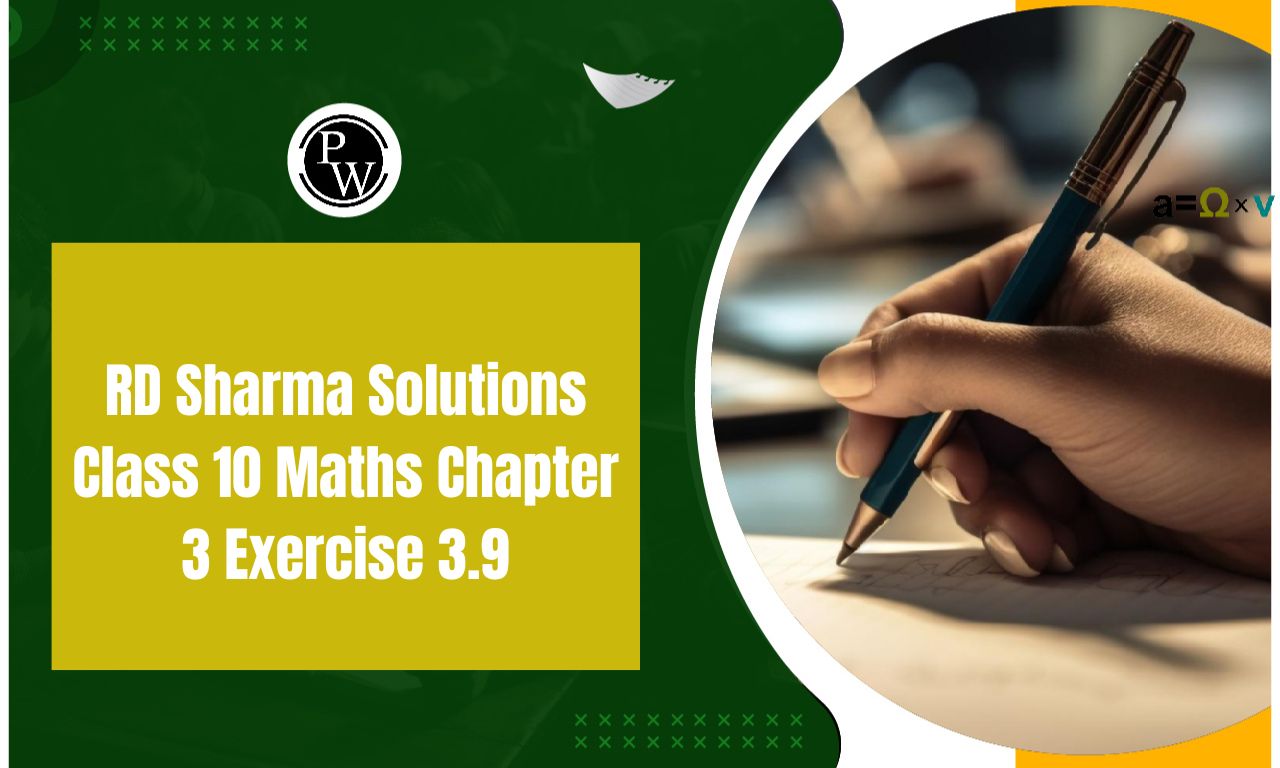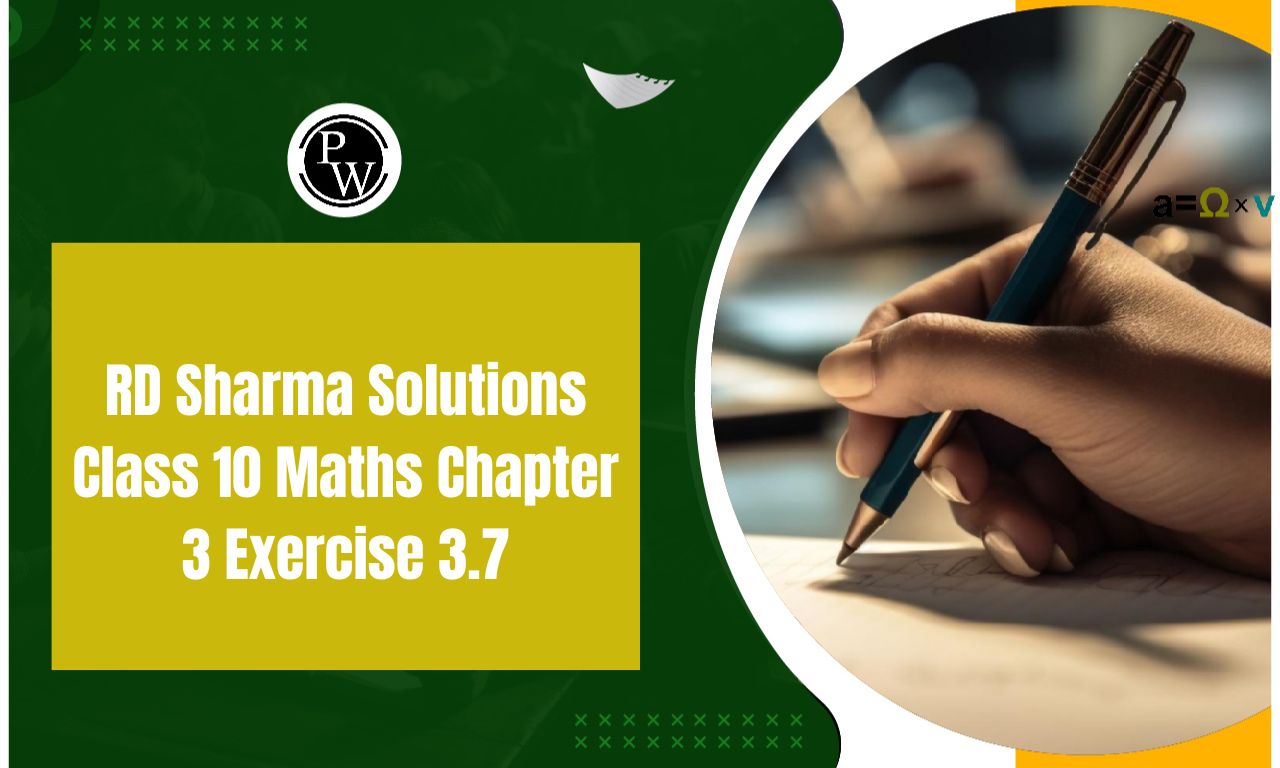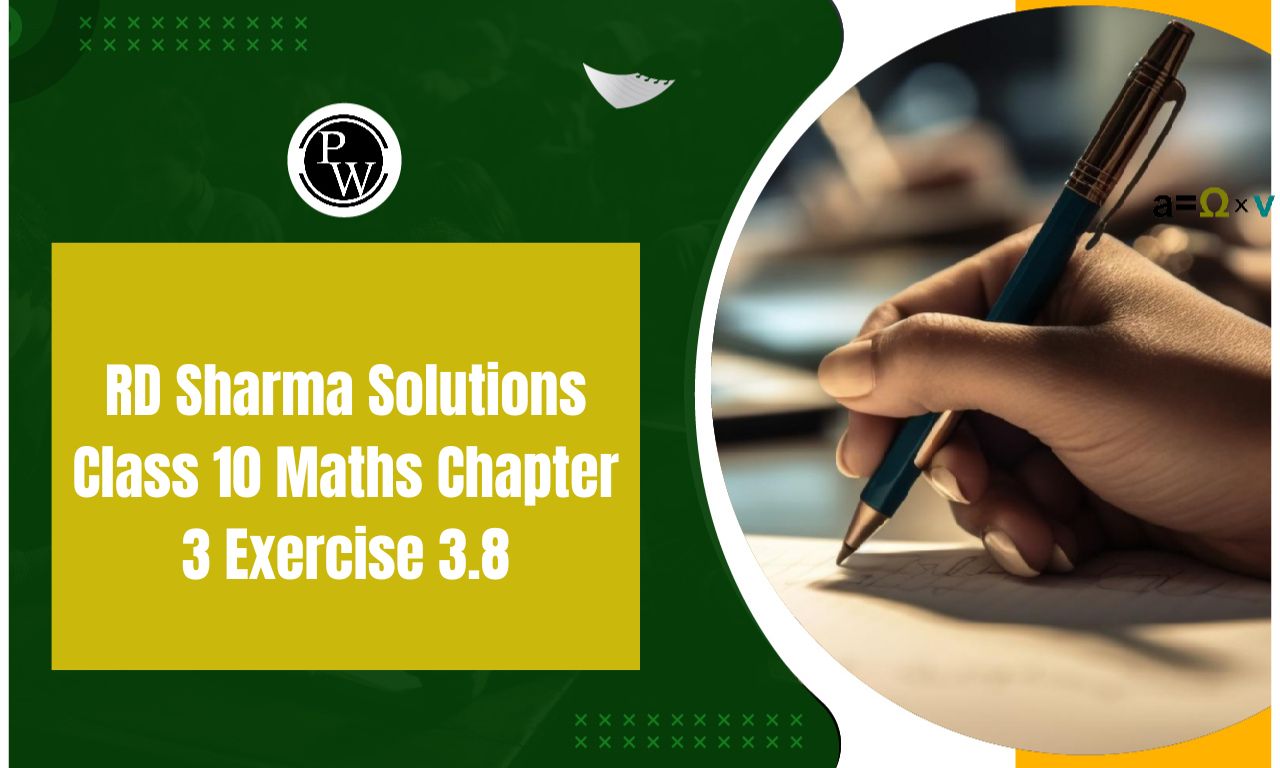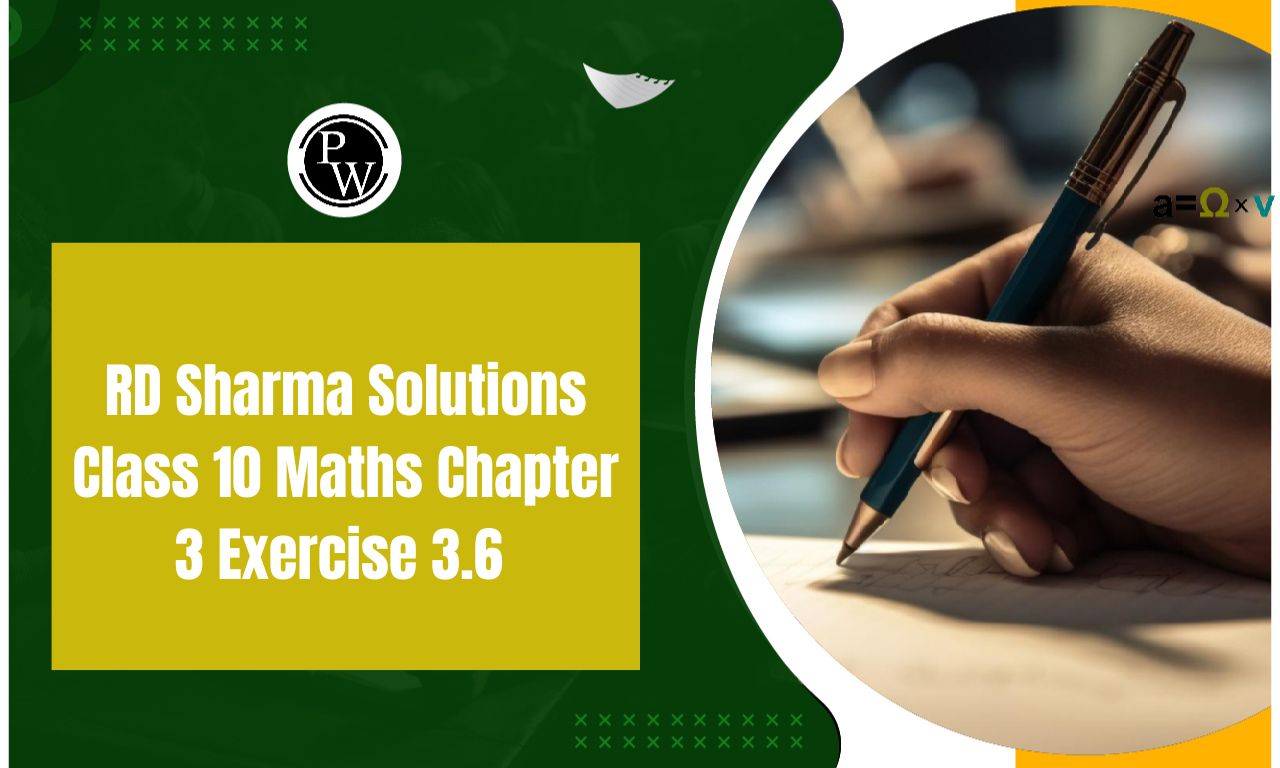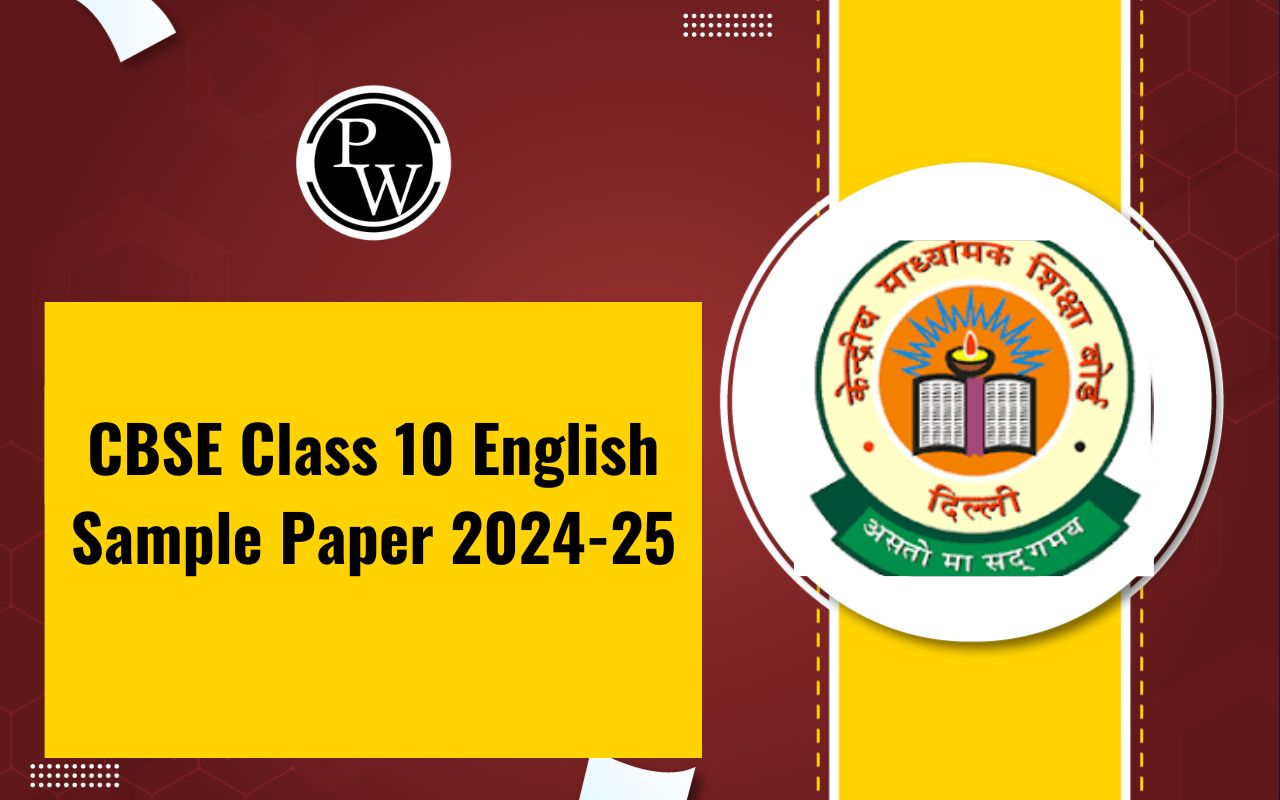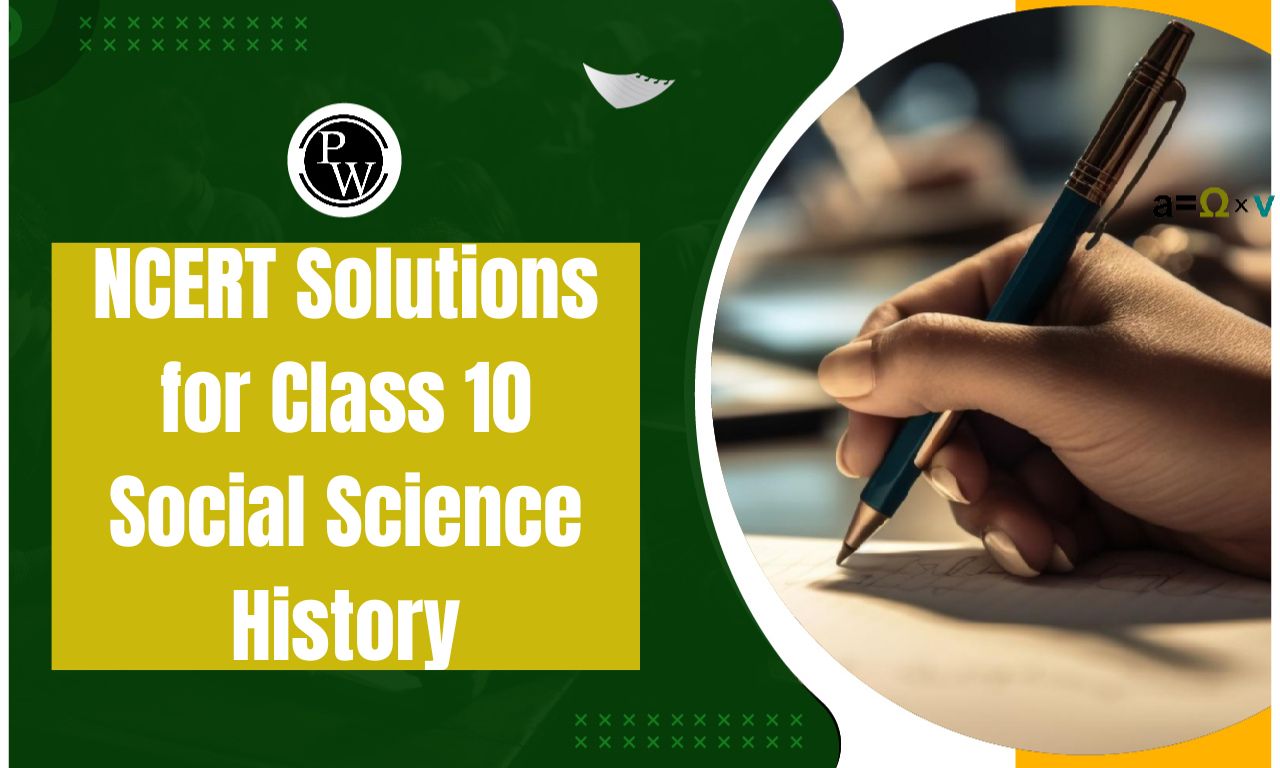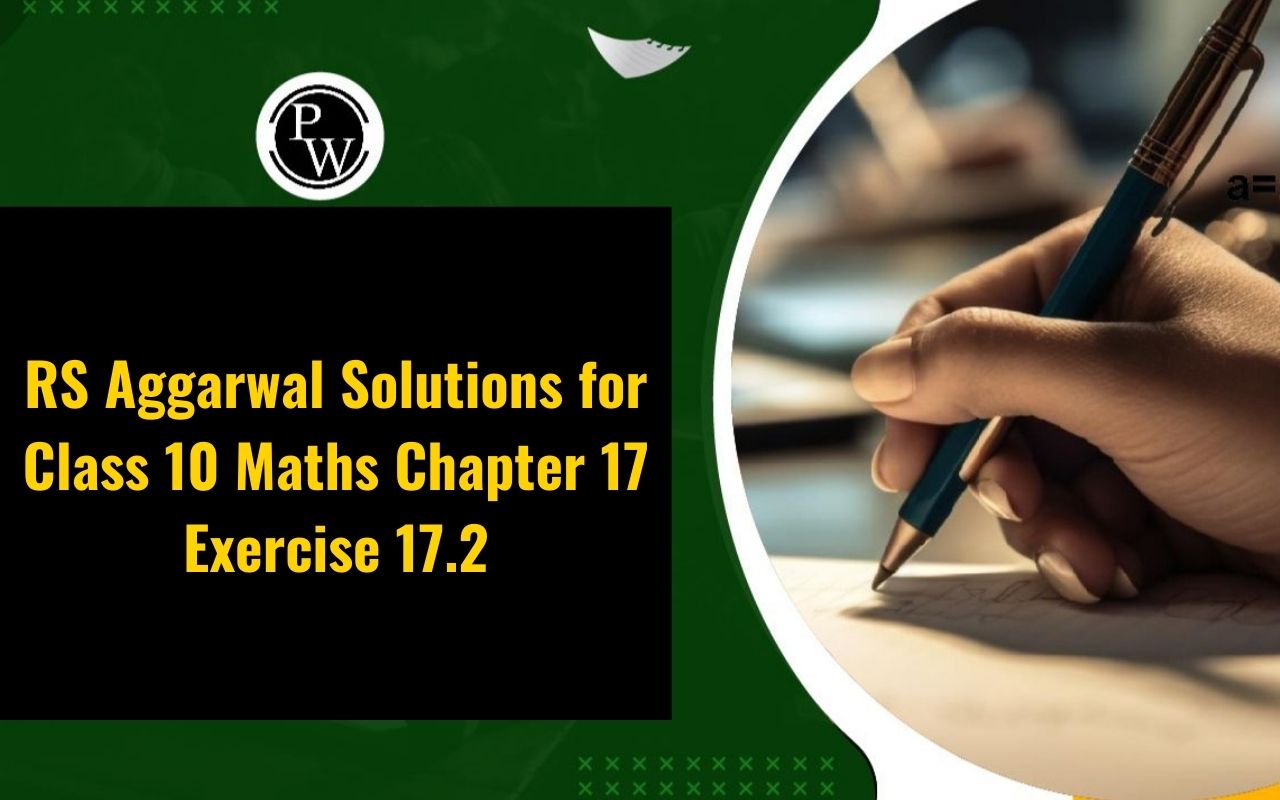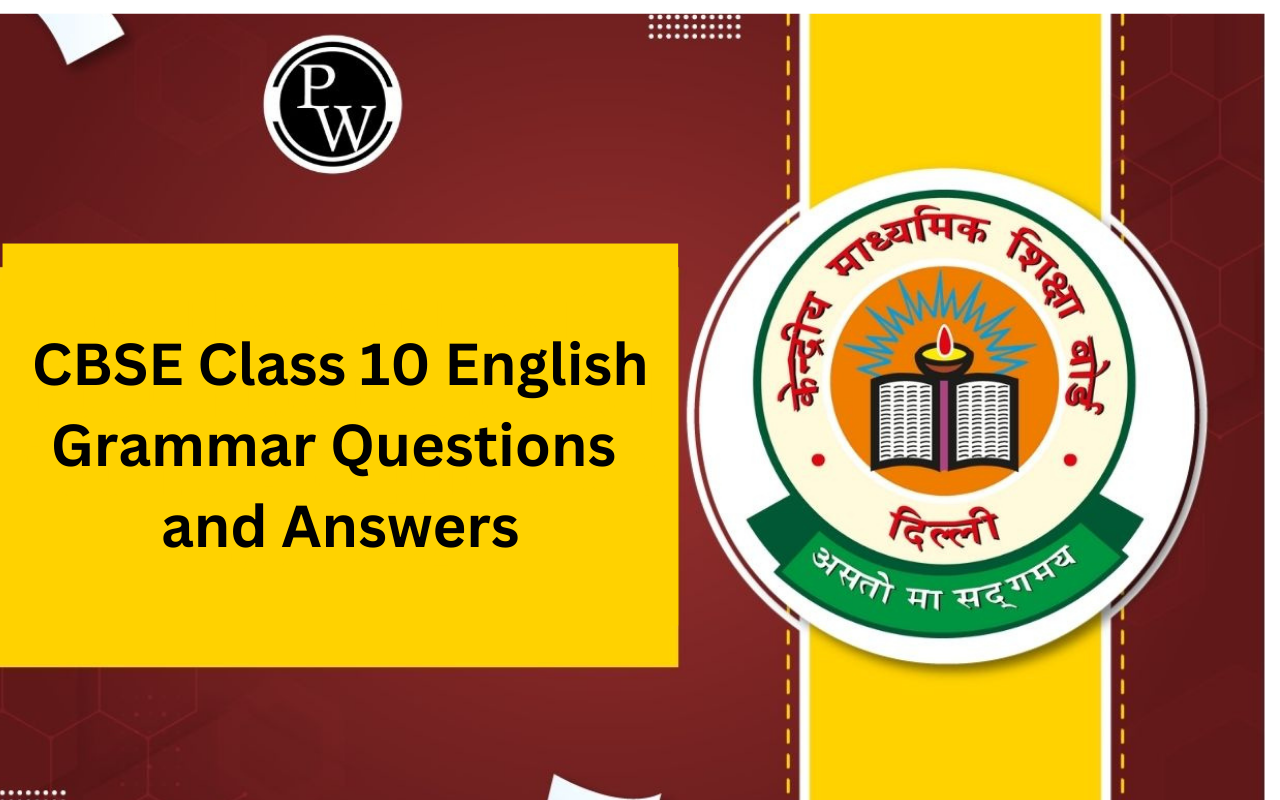
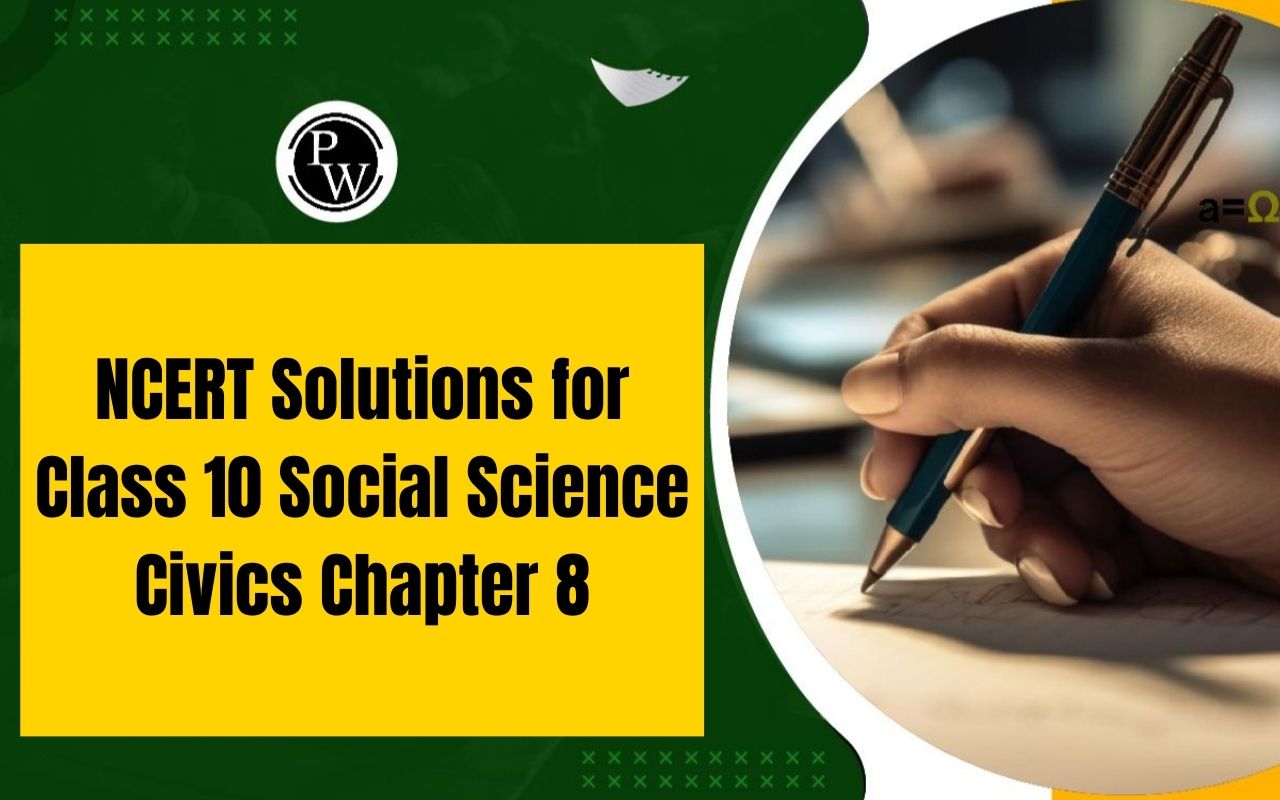
NCERT Solutions for Class 10 Social Science Civics Chapter 8: Subject matter experts have produced the NCERT Solutions for Class 10 Civics Chapter 8 Challenges to Democracy to assist students in preparing for their board exams. The wording used to write the answers is straightforward to read.
Students should use these NCERT Solutions as a reference. Additionally, they can compose the responses in their style, making sure to address every crucial aspect of the query.CBSE Class 10 Syllabus 2024-25
NCERT Solutions for Class 10 Social Science Civics Chapter 8 Overview
Social Science, 10th Grade Democratic Politics Challenges to Democracy focuses on the different issues that a democratic nation faces and what policies should be considered to implement democratic changes. The chapter is open to recommendations on how to fix society's dysfunctional structure while attempting to define democracy more broadly.NCERT Solutions for Class 10 Social Science Civics Chapter 8 PDF
There isn't an exercise in NCERT Social Science Civics Chapter 8. Ultimately, though, the students are required to provide a synopsis of democracy. Students can use our summary as a model to get a concept of the summary. For more subjects, NCERT Solutions Class 10 is also available to them.NCERT Solutions for Class 10 Social Science Civics Chapter 8 PDF
NCERT Solutions for Class 10 Social Science Civics Chapter 8
1. (Write your name here) ________________________ ’s definition of good democracy (not more than 50 words):
Answer.
A free and fair electoral system should be used to select and remove the government in a good democracy. The public ought to actively engage with the policies that the government introduces. Every principle of the Constitution ought to be applied equally. States should concentrate on the directive principles and uphold the fundamental rights granted to their inhabitants. Since democracy is a government "of the people, by the people, and for the people," it is imperative that the people be given priority by advancing justice, equality, and brotherhood.2. Describe in brief the three challenges faced by democracy.
- Fundamental difficulty. It has to do with establishing a democratic government after the shift to democracy. It entails overthrowing the current, non-democratic administration, preventing the military from taking over the executive branch and creating a sovereign, functional state.
- The difficulty of growth. It entails putting the fundamental tenets of democratic governance into practice across all geographical areas, socioeconomic classes, and institutional types. It has to do with giving local governments more authority, applying the federal principle to every federation unit, incorporating women and minorities, etc. The majority of well-established democracies, like the US and India, struggle with growth.
- The difficulty of strengthening democracy. The task at hand is to fortify democratic structures and practices. It entails bolstering the structures that support public control and involvement in politics. Its goal is to lessen the influence and control that wealthy and powerful individuals have over the decisions made by the government.
3. Explain the ‘foundational challenge’ of democracy by stating three points.
The transition to democracy and the establishment of a democratic government presents a fundamental challenge. It entails creating a sovereign and working state. The current non-democratic dictatorship must be overthrown, the military must remain out of politics, and elections must be held for the people to take control of all governmental institutions. It entails acknowledging people's freedom of choice, their ability to remove oppressors, and their will. Political activist Suu Kyi has been detained under house arrest for more than 20 years in nations like Myanmar. Therefore, in this instance, the foundational challenge acknowledges the necessity of organizing multiparty elections, releasing political leaders from exile, and recalling them.4. “A challenge is an opportunity for progress.” Support the statement with your arguments.
A challenge is not merely an issue. Only significant obstacles that are overcome present a chance for advancement and can be classified as a "challenge." Nowadays, democracy is the most common type of government. Though there isn't a specific adversary, democracy's promise is still far from fulfilled everywhere in the world. There are obstacles facing democracy as a whole. Constitutional amendments by themselves are unable to address issues that threaten democracy, such as caste, gender discrimination, unemployment, economic disparity, and illiteracy. Democratic reforms can be implemented by political movements, parties, and politically engaged individuals to take advantage of opportunities to overcome obstacles and advance to new heights.Benefits of NCERT Solutions for Class 10 Social Science Civics Chapter 8
Detailed Explanation
Examiners will not be able to take away marks from students who submit pertinent solutions to questions, provided that the answers follow NCERT rules. Schools administer internal exams most of the time to make sure kids know how to answer questions. But for kids who show up for board exams, those tests alone are insufficient.Well-Organized Study Material
The first step towards achieving high test scores in Class 10 is to ensure that both your study materials and routine are properly organized. Establishing a study regimen requires you to pay close attention to the readings to determine if you are on the correct track. For Class 10 NCERT Solutions to Chapter 8 Challenges to Democracy, which can be downloaded from several portals, you can consult this.|
NCERT Solutions for Class 10 Social Science Political Science |
| Chapter 1 : Power-sharing |
| Chapter 2 : Federalism |
| Chapter 3 : Democracy and Diversity |
| Chapter 4 : Gender, religion, and caste |
| Chapter 5 : Popular Struggles and movements |
| Chapter 6 : Political parties |
| Chapter 7: Outcomes of democracy |
| Chapter 8: Challenges to democracy |
NCERT Solutions for Class 10 Social Science Civics Chapter 8 FAQs
What is the name of Chapter 8 of Class 10 civics?
What is challenge class 10?
How many types of democracy are there?

